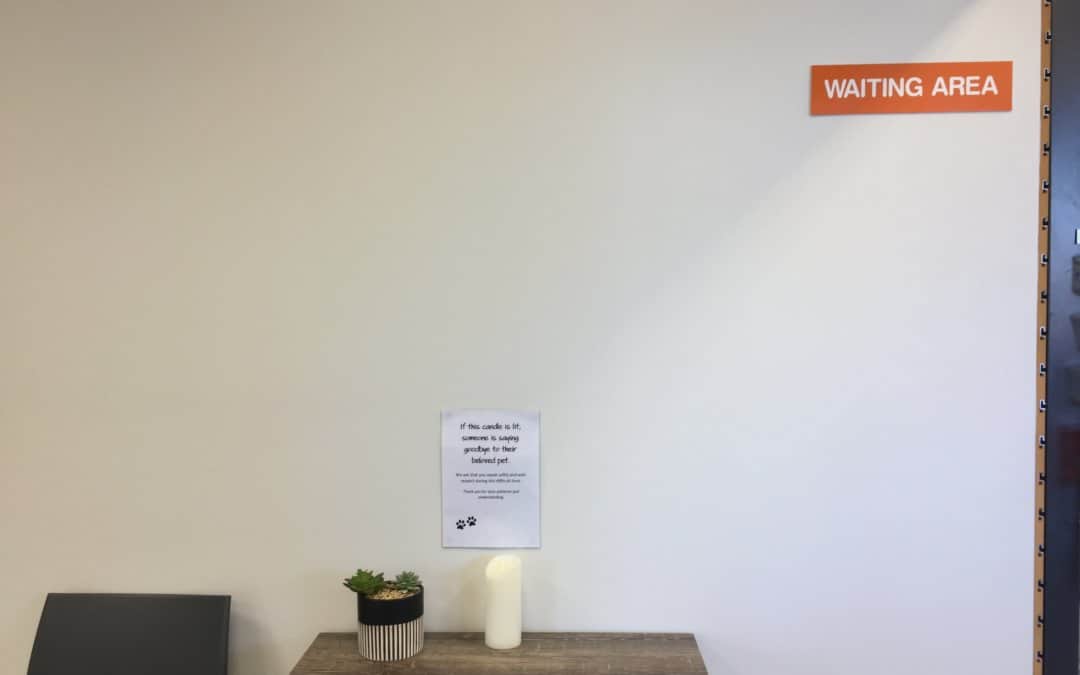Yesterday’s (November 7, 2018) presentation at the NZCAR meeting provoked a lot of ideas for the cafe and memories of Madara and Mao who passed away in Shanghai. Madara, our tortie girl, was 15 when she got sick. We were trying to feed her and she choked, dying in our arms. The guilt nearly tore us apart. Mao was about 17 when he got face cancer. It was ugly, but he seemed to not mind, so we carried on. However, when he stopped eating, we knew it was time and had to get him euthanized. The vet was very good to us and let us stay with him for a long time as we said good bye. We didn’t have too many people around us who understood our grief and it would have been good to have someone to talk to. We think that the café can be a good place for that to happen. We are looking into trying an event for people to talk about their passed cats and how they deal with the grief. We hope to find a grief counselor who will help us process what we feel in positive ways. Please let us know what you think of this idea and help us get in touch with relevant professionals to facilitate.
The topic and discussion of the NZCAR presentation mainly focused on how vets are trained to deal with end of life care and euthanasia. Beyond the technical skills of administering the palliative care or the lethal injections, it seems not much is done to prepare vets for dealing with the owners’ emotions (or their own) in making these difficult choices. If they happen to be in rotation in their training when a pet has to be put down and the family and administering vet are comfortable with the trainee witnessing the painful process, then they will get some relevant experience. Otherwise, the first time they encounter a suffering pet whose family is fraught with grief and hope will be the first time they have to deal with it. Needless to say, different vets will have different levels of people skills and their own uncertainty will feed into a perception that they do not care. Vet clinics will also have different policies about having just one vet deal with the ailing pet, how much time a family is given with their pet in the last moments and how the bereaved family leaves the clinic after it is done. Often a candle will be lit in the reception during a euthanasia to let the other people in the waiting room know that they should be as quiet and respectful as possible. Sometimes a family is allowed to leave by a different exit after the procedure is done. Some clinics overseas and even in NZ are offering the service of a home visit for the euthanasia. It is difficult for the clinic to do this due to varying travel costs and sometimes poor conditions for administering the shot, but people really appreciate being able to farewell their pet in an area they feel safe and comfortable rather than the clinic. The quality of care at the end of a pet’s life will impact whether a family will return to the same clinic when they do get a new pet, so it is worth the trouble from a business standpoint, notwithstanding the ethical questions.
How to advise people about the treatments that can prolong a pet’s life is also a difficult area. Treatments are often expensive and having pet insurance is not as common as it could be. There is a lot of guilt and perceived pressure to treat illness aggressively even when cost is prohibitive.
No one wants their pet to suffer but families who see a pet constantly may not realize how much their health has deteriorated until someone who has been away for a while comes and notices the change. Online quality of life test questionnaires exist but are probably better used as a spring board for discussion with family members and vets rather than a definitive answer as to when to euthanize. They can also be used over time to assess changes in a pet’s health and help people make that difficult decision.
We often have people in the café talk about their cats who have passed away. Whether it is recent or after many years, the emotions run deep in many cases. Almost every day there is a post on the Facebook page Cats of Wellington telling of a deceased cat and the support of that online community must mean a lot to those suffering the loss. Coming from America, there seems to me to be more reluctance in Kiwi culture to talk about such things openly but it also seems that things are changing as people realize that it is usually healthier to express emotions in safe ways rather than bottling them up till they break out or cause other problems. We hope to be part of that healthy expression.


Awesome idea. I lost my boy end of August. He only had days left as he had a 10cm tumour attached to his bowel. I let him go before he suffered. My family was supportive but there really was nowhere else to grieve. Vet was good but was more clinical than empathic not really his fault I just don’t think he knew how to deal with a blubbering mess (me).
Thanks Liz,
Sorry for your loss. Hope you are doing okay now.
We are trying to find a person to facilitate but have no one yet.
Once we do, we will organise an event and publicise it.